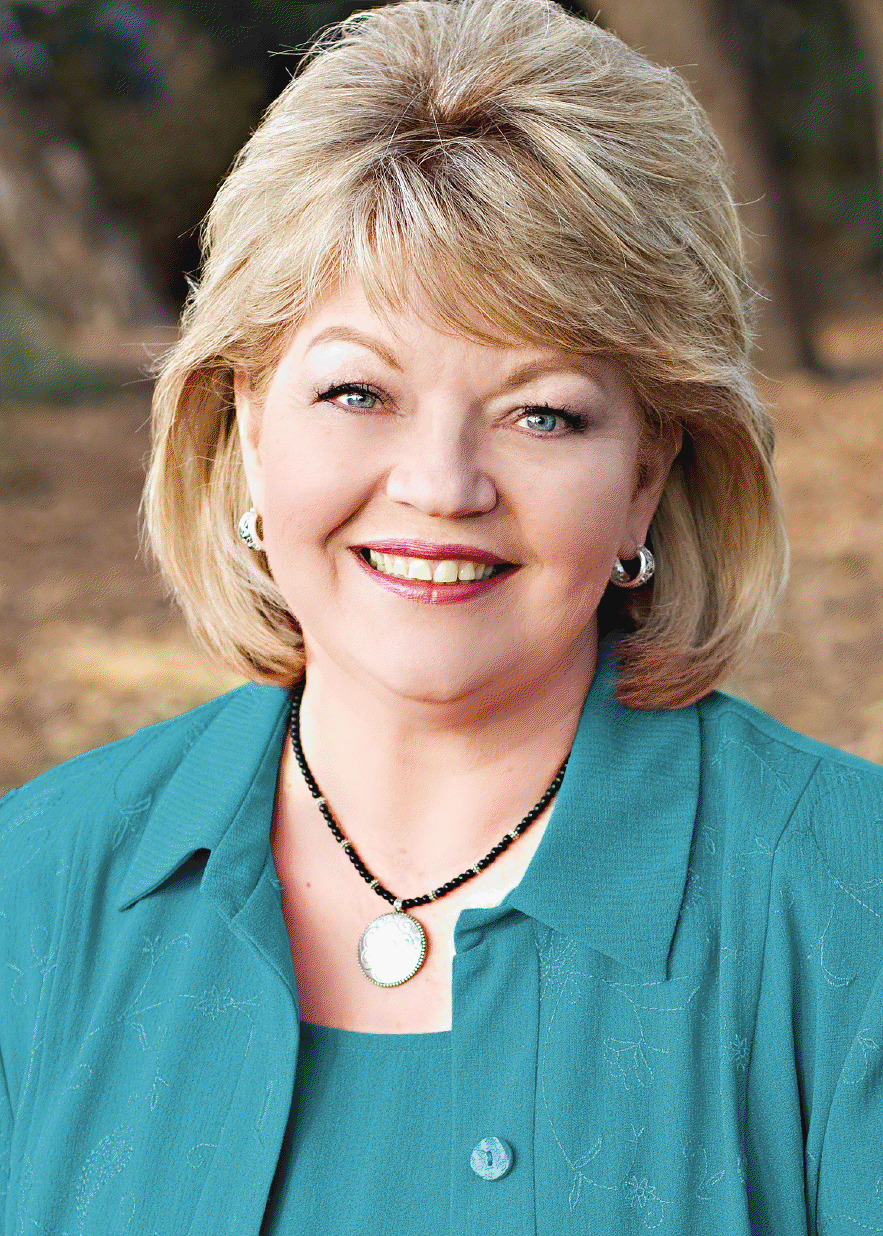4 Tips for Being a Fun, Faithful Grandparent
I'm always amazed by how much truth Gail Purath can pack into her 1-Minute Bible Love Notes posts. But I also know she is a loving grandma, and I asked her to share this relationship UPGRADE. (NOTE: If you are not a grandma or even a mother, consider how you might apply Gail's counsel to a mentoring sitution.)
"Six-week-old Emma had never said anything clever nor done anything noble or good," Gail said.  "She required constant care and gave nothing tangible in return. But whenever I held her in my arms, I was overcome with love for my very first grandchild."
"She required constant care and gave nothing tangible in return. But whenever I held her in my arms, I was overcome with love for my very first grandchild."
Almost any grandparent will identify with that. I (Dawn) have three granddaughters and they mean the world to me. I'm always looking for fun projects to do with them, but also for ways to build a legacy.
Gail continues ...
We experience this love as parents, but experiencing it with our children’s children is doubly sweet. It helps us understand God’s love in new ways and gives us an awesome mission in our senior years.
We might paraphrase Ephesians 2:10:
“We are grandparents by God’s design, created in Christ Jesus to be fun and faithful, doing those things God prepared in advance for us to do.”
Six times since Emma's birth, my arms have held a new grandchild. And in my ten years as a "grammy" I've learned some things I'd love to pass along to make your grandparenting more fun and faithful:
1. Share Your Talents
Whether you're good at cooking, sewing, music, gardening, athletics or woodworking, you have something to share.
One thing I love doing is baking my signature cinnamon rolls with my grandchildren. They love getting their hands in the dough, and we end up with cinnamon and flour everywhere.
But the mess is part of the memory, and we all have a good time.
2. Share Your Faith
This may be the most important evangelism you do in your entire life, so ask God for creative ways to do it.
Last year I had an after-school "Bible Club" for my two oldest granddaughters, and this year I started reading Christian missionary biographies with my ten-year-old granddaughter. What wonderful opportunities we've had to discuss the Lord together.
3. Pray for Your Grandchildren
Your age, experience and love give you special wisdom in praying specifically for your grandchildren’s hearts and lives.
Many throughout history have been influenced by the lives and prayers of their grandparents—Timothy, for one (2 Timothy 1:5). This aspect of our grandparenting can't be overestimated.
4. Be Available and Have Fun
Grandparents usually have more time than parents. Even if you're still working full time, you have fewer dependent family members to keep you busy.
It’s true that age steals some of our energy, but reserving some of that energy for our grands is well worth it.
One afternoon my six-year-old granddaughter Gracie asked if she could come to my house while her mom went to the gym.
"I don't know if Grammy wants to babysit today," my daughter cautioned.
"Oh, Grammy doesn't babysit me," Gracie insisted, "We just hang out together."
If you haven’t learned it yet, it’s high time to learn the art of just “hangin’ out.” Enjoy your “second childhood” by rolling on the floor, being silly, playing with paper dolls, and riding bikes. Grandchildren are wonderful playmates.
Yes, grandparenting is more than an awesome responsibility; it’s an awesome opportunity to love and be loved, an opportunity to share our gifts, our faith, our prayers, our lives, and our creativity with our children's children. Let's make the most of it!
What are some special things you've done with a grandchild to create some God-honoring memories?
Gail Purath has been married to her best friend Michael for 42 years, living the life of a nomad here on earth (40 homes in 62 years), looking forward to her heavenly home. She is the mother of two and "grammy" of seven—three boys and four girls (ages 2-10). Gail writes about her joys, struggles, failures and victories in her short-but-powerful 1-Minute Bible Love Notes and shares a short Bible study each week on Bite Size Bible Study. Gail writes about her joys, struggles, failures and victories in her short-but-powerful 1-Minute Bible Love Notes and shares a short Bible study each week on Bite Size Bible Study.
 Post a Comment → Posted on
Post a Comment → Posted on  Thursday, April 24, 2014 at 7:00AM
Thursday, April 24, 2014 at 7:00AM  Gail Purath,
Gail Purath,  Grandparent,
Grandparent,  Grandparenting,
Grandparenting,  Upgrade with Dawn Upgrade Your Life
Upgrade with Dawn Upgrade Your Life  Grandparenting,
Grandparenting,  Relationships
Relationships 















